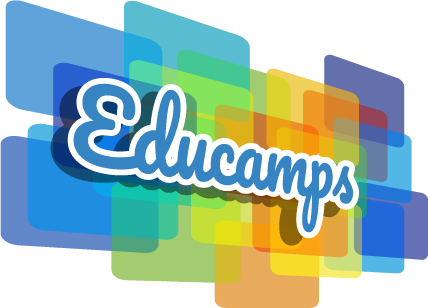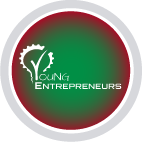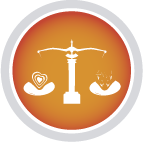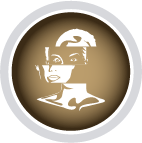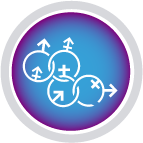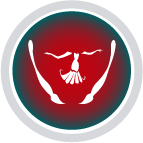Young
Entrepreneurs
Academy
If not you then who?
Duration: 7 days
Recommended language level: A2 and above
BACKGROUND
As an organisation with over 10 years of experience in youth work, we have seen an increasing number of young people coming to the end of their formal education without the skills they need to face the challenges of the job market. In order to respond to the current and future needs and challenges of our society we need young people who are creative, motivated, innovative and effective at decision making.
AJS, along with partners from England, Slovakia and Turkey, has developed an original programme teaching entrepreneurship to young people, based on the concept of the “Economy for the Common Good”, which promotes a socially conscious and sustainable approach to business. It consists of two levels, ten sessions per level. For the purpose of this camp, we have chosen the programme’s essential contents and activities, which give young people a taster of the full course and teach them the basic knowledge and skills they will need to develop as entrepreneurs.
AIMS AND ACTIVITIES
The Young Entrepreneurs Academy uses a learner-centred approach to develop responsible entrepreneurship skills in young people. In particular, the course aims to: Familiarise young people with the Economy for the Common Good (ECG), an economic model designed to promote a socially responsible and sustainable approach to business and offer opportunities for young people to reflect on the benefits and challenges of a model based on values such as social justice, transparency and environmental sustainability give young people the skills, knowledge and attitudes they need to become successful entrepreneurs.
During the Young Entrepreneurs Academy we will focus on:
-New models of entrepreneurship.
-Social responsibility.
-New economic models.
-Entrepreneurial competence.
-Creative and innovative thinking.
OUTCOMES
Young people taking part in the programme will become aware of different entrepreneurship models and develop the knowledge and skills needed to become a successful entrepreneur. They will also have a chance to find out whether they have an ‘entrepreneurial spirit’. All the activities will help improve their self-confidence and self-esteem.
Young people will gain new and/or improved knowledge and skills:
Knowledge
-An understanding of the concepts of entrepreneurship,
social entrepreneurship and the “Economy for the Common Good”.
-Sustainability related to business practice.
-Knowledge of key concepts related to enterprise,
including the business plan, profit and loss, and planning.
-Support tools and programmes for entrepreneurs in Europe.
Skills
-The ability to develop an idea from conception to implementation
-Communication skills. -Teamwork.
-Improved confidence when presenting ideas to an audience.
-Creative problem solving.
-Innovative thinking.
-Better communication skills in English/Spanish.
Attitudes
-Active and participative approach to working in a group.
-Respect for others opinions.
-A willingness to contribute.
PLEASE NOTE
Each module is divided into two levels, Start-up and Ready-to-go. You should choose
the level most appropriate for the level and experience of your students.
START UP
The Start-up sessions provide an introduction to entrepreneurship and the Economy for the Common Good and are designed to develop young people’s creativity, capacity for problem solving and tenacity. The sessions will allow young people to reflect on their own aspirations and consider whether they have the motivation and drive to become successful entrepreneurs. The Start-up sessions provide an introduction to entrepreneurship and the Economy for the Common Good and are designed to develop young people’s creativity, capacity for problem solving and tenacity. The sessions will allow young people to reflect on their own aspirations and consider whether they have the motivation and drive to become successful entrepreneurs.
SCHEDULE
READY TO GO
The Ready-to-go sessions explore each topic in more detail and provide practical tools to turn what may only be an idea for a business into a viable and sustainable enterprise. Note that the Business Plan session has been split into two hour-long session plans: an introduction to using ECG within the context of a business plan, followed by the practical application of ECG values in relation to a real example. We recommend you read through both sessions, and consider using both Part One and Part Two.
The programme will include options for other recreational and cultural activities, for example: sightseeing trips to nearby cities, hiking, visits to Adventure Parks, swimming in natural river pools and canoeing. In addition, as part of the Start-up programme each morning there will be a language workshop, focusing on vocabulary linked to the theme of the day, with the aim of facilitating communication and participation.
